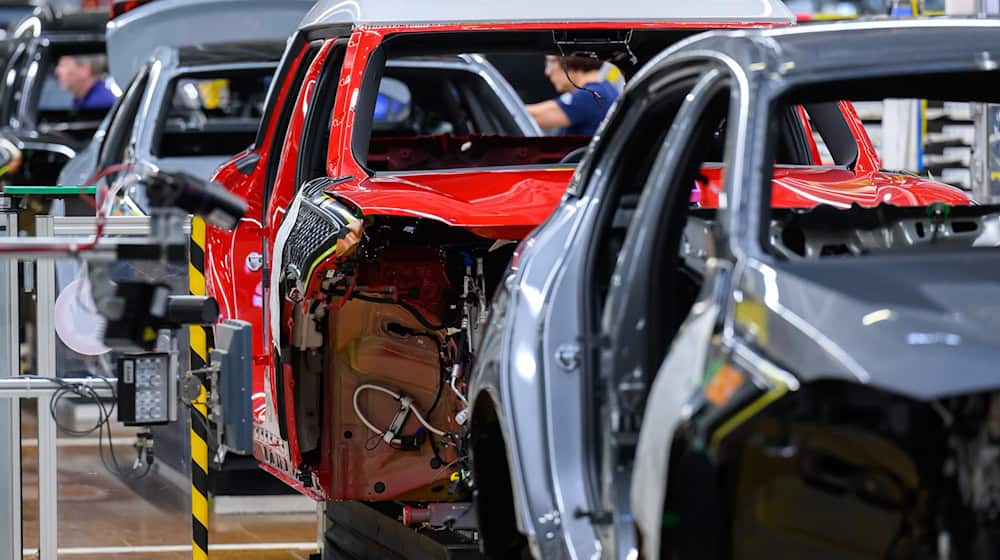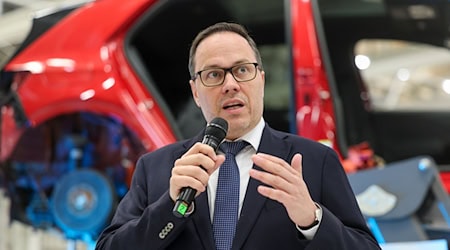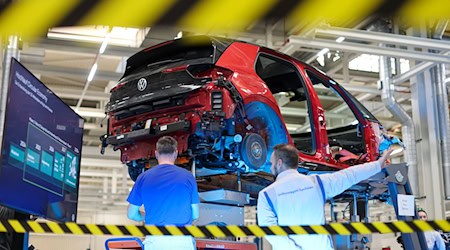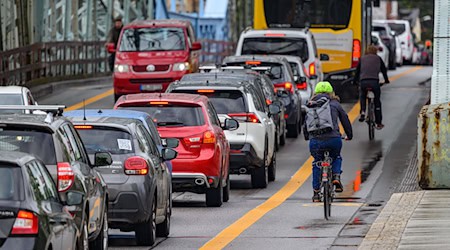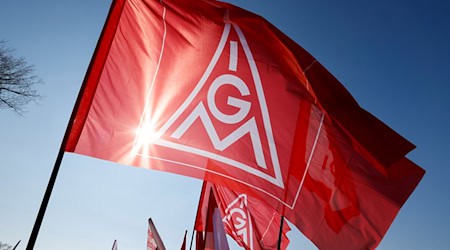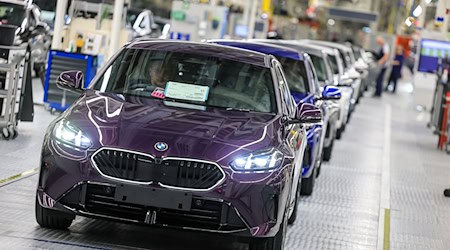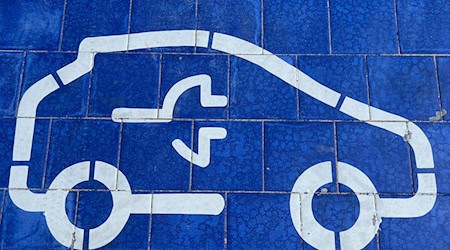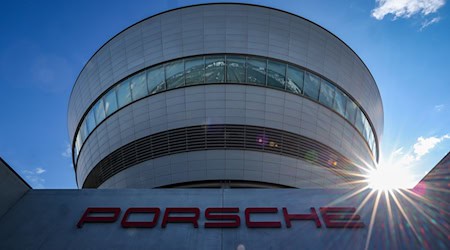The East German automotive industry is going through a phase of profound upheaval and is relying on joint action to remain internationally competitive. "Geopolitical tensions and volatile supply chains, but also increasing competitive pressure, primarily from Asia, and ongoing technological change are presenting our industry with major challenges," said Petra Peterhänsel, Chairwoman of the Board of the Automotive Cluster East Germany (ACOD) association, at the annual congress in Leipzig, which was attended by around 200 guests from politics, business and science on Tuesday.
"Unpredictability has always been a feature of the automotive industry and is the norm in today's business environment. The decisive factor is how you deal with it. There is no time to stand still," emphasized Peterhänsel. We are no longer at the beginning of a new era, but right in the middle of it. It is therefore clear to her: "Collaboration, interdisciplinary networking and a new dynamic are the keys to surviving in this environment." The industry must actively shape the transformation: "We are not leaving the change to chance and certainly not to the new competitors."
Rethinking from the ground up
Saxony's Minister of Economic Affairs Dirk Panter (SPD) described automotive manufacturing as a "fundamental key industry" for the state. "The hearts of the future beat in Leipzig, Zwickau, Chemnitz and Dresden," he said. With a strong supplier and research landscape, Saxony has a solid basis. He referred to the semiconductor industry, energy networks and new technologies such as hydrogen and artificial intelligence. Despite chip shortages and supply chain problems, "some topics need to be rethought from scratch". Education and research were his top priorities. "Saxony remains a car state," Panter emphasized.
Thuringia's Minister of Economic Affairs Colette Boos-John (SPD) also highlighted the role of her state. With its optics, sensor technology and renowned research institutes, Thuringia is a "guarantor of innovative capacity". Protectionist measures such as the US tariff policy, on the other hand, bring uncertainty.
Defence meets transport
A new impetus was provided by Christian Growitsch from the Hamburg Institute for Innovation, Climate Protection and Circular Economy - an institution organized under private law that works closely with the Hamburg University of Technology. He called for closer cooperation between the automotive and defense industries. After all, technologies such as batteries, charging infrastructure and autonomous systems are not only important for the civilian market, but also for security-relevant applications. This would create concrete opportunities for the automotive industry: new business models, more stable value chains and an innovation boost that secures employment and strengthens competitiveness.
Copyright 2025, dpa (www.dpa.de). All rights reserved

